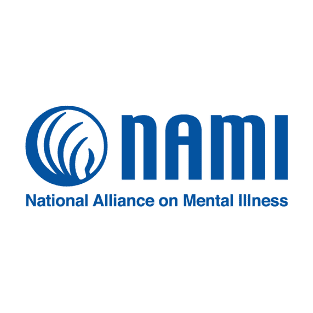
Talk therapy is a hugely beneficial form of mental health care for many. Working with a mental health professional can help you overcome obstacles, learn positive coping strategies, and improve your overall health. However, a common concern is the cost. Finding an affordable therapist may take some time and patience, but you might be surprised to learn just how many ways there are to connect with one. Don’t be discouraged if the first option you find isn’t the right fit, we’ll cover various resources and tips to help you in your search.

- Provider Credentials: The type of mental health professional you choose can impact the cost. Psychologists and psychiatrists typically charge higher fees than clinical social workers, counselors, and other mental health professionals.
- Type of Therapy: Rates for individual, couples, and group therapy tend to vary, with group therapy typically being the lowest cost.
- Location: Therapy costs can vary based on where you live. Areas with higher living expenses tend to have higher fees for therapy. Therapy costs can also vary based on the setting of the session, in-person or virtual.
Using health insurance may lower your out-of-pocket costs depending on your plan coverage. Most health insurance plans cover mental health services but not all therapists accept certain insurance plans or insurance at all. If that is the case with a therapist you’ve found, you will want to find an in-network option if you want to use your insurance coverage for the session(s). Otherwise, some therapists offer a “sliding scale fee” which is a pricing system that offers lower fees to individuals who qualify based on their income.

Finding an affordable therapist isn’t always easy but we hope this article has given you some additional avenues to explore. Remember that investing in your mental health is invaluable, and seeking support is a sign of strength!


